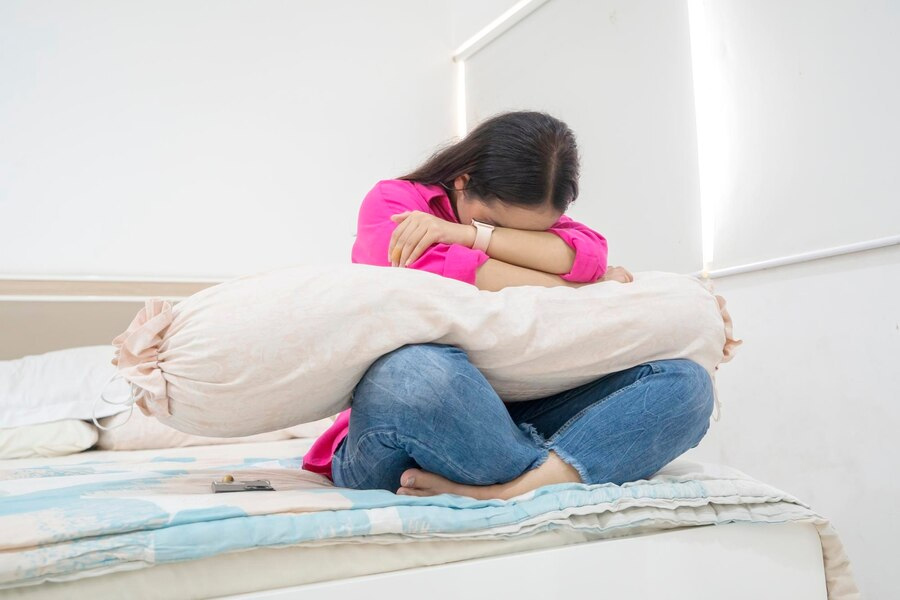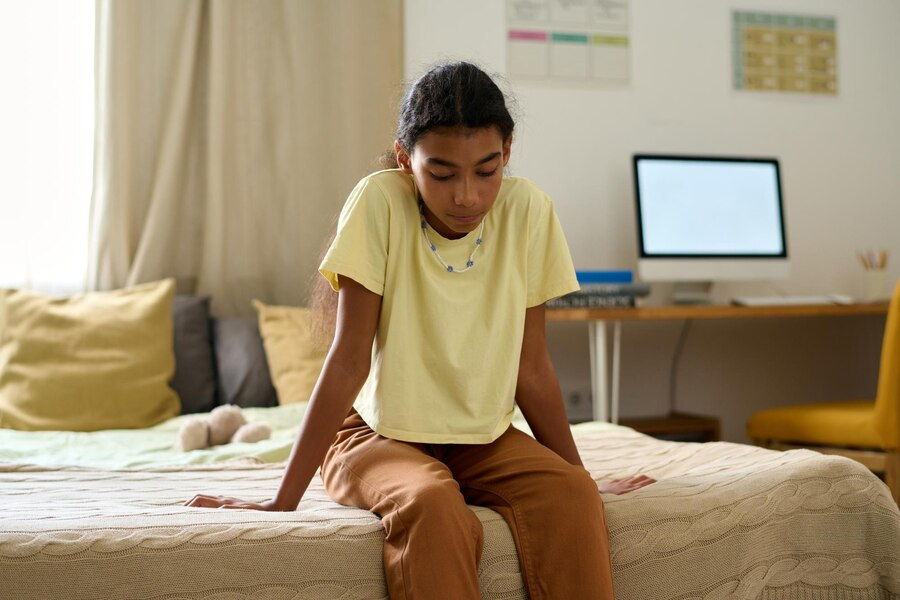
Polycystic Ovary Syndrome (PCOS) is a common hormonal condition that can occur in women of childbearing age. According to the World Health Organization (WHO), it affects an estimated 8–13% of reproductive-aged women, and unfortunately, up to 70% of affected women remain undiagnosed globally.
Table of Content:-
As opposed to popular belief, PCOS can occur at an early age, even in teenage children who have had puberty. In fact, reports suggest that nearly one out of every ten teen girls and young women have PCOS. So what are the steps that parents should take? In this article, we delve into the common and early symptoms of PCOS in teenage girls and ways parents can show support and help in alleviating symptoms.
How Common Is PCOS In Teenagers?

Dr N Sapna Lulla, Lead Consultant - Obstetrics and Gynaecology, Aster CMI Hospital, Bengaluru, said, "Polycystic Ovary Syndrome (PCOS) can occur during adolescence, often appearing alongside the onset of puberty. While estimates vary, studies suggest PCOS affects roughly 6–10% of teenage girls."
"Early signs can appear as soon as the girls attain menarche (first period), but diagnosing PCOS in teens can be a challenge as some symptoms, like irregular periods and acne, are also common during normal pubertal development," she told the OnlyMyHealth team.
Early Symptoms Of PCOS Parents Shouldn’t Ignore In Their Teens

PCOS can affect women in various ways. While the consequences can be physical, the effects of PCOS, particularly those related to obesity, body image, and infertility, can contribute to mental health challenges as well, according to the WHO.
Therefore, when it comes to teenage girls, parents should watch out for early signs, which include:
- Irregular menstrual cycles
- Severe acne
- Excessive hair growth
- Sudden weight gain
- Mood
It is important to note that PCOS is often missed in its early stages, especially after puberty, when irregular menstruation is common.
Therefore, proper diagnosis plays a crucial role, which starts with parents educating themselves about PCOS symptoms and risk factors. This can be followed by:
- Creating a safe space for open communication about puberty and menstrual health.
- Encourage your teen to discuss any concerns or changes they experience.
- Encourage teenagers to track their menstrual cycles; one can use a calendar app or journal for the same.
Also Read: PCOS, Obesity, And Infertility: Expert Explains Their Connection And What You Should Know
How To Support Teens With PCOS?

Dr Lulla emphasises the need for a comprehensive support system for teenagers with PCOS to manage their condition effectively. Parents can support their teens by:
- Ensuring regular medical checkups to monitor the progression of PCOS and address any potential complications.
- Providing counselling to help teenagers cope with the emotional and psychological challenges associated with PCOS.
- Offering open communication with peers and peer support can provide teenagers with a sense of community and understanding.
- Promoting healthy eating habits and regular physical activity to help manage the symptoms of PCOS.
The doctor also advised making children with PCOS aware of their condition and educating them about the benefits of leading an active and healthy lifestyle, which include regular exercise, eating healthy, sleeping sufficiently, and managing weight.
Also watch this video
How we keep this article up to date:
We work with experts and keep a close eye on the latest in health and wellness. Whenever there is a new research or helpful information, we update our articles with accurate and useful advice.
Current Version
